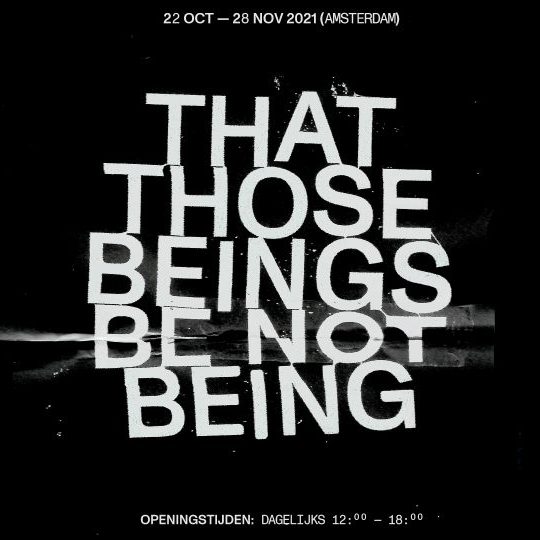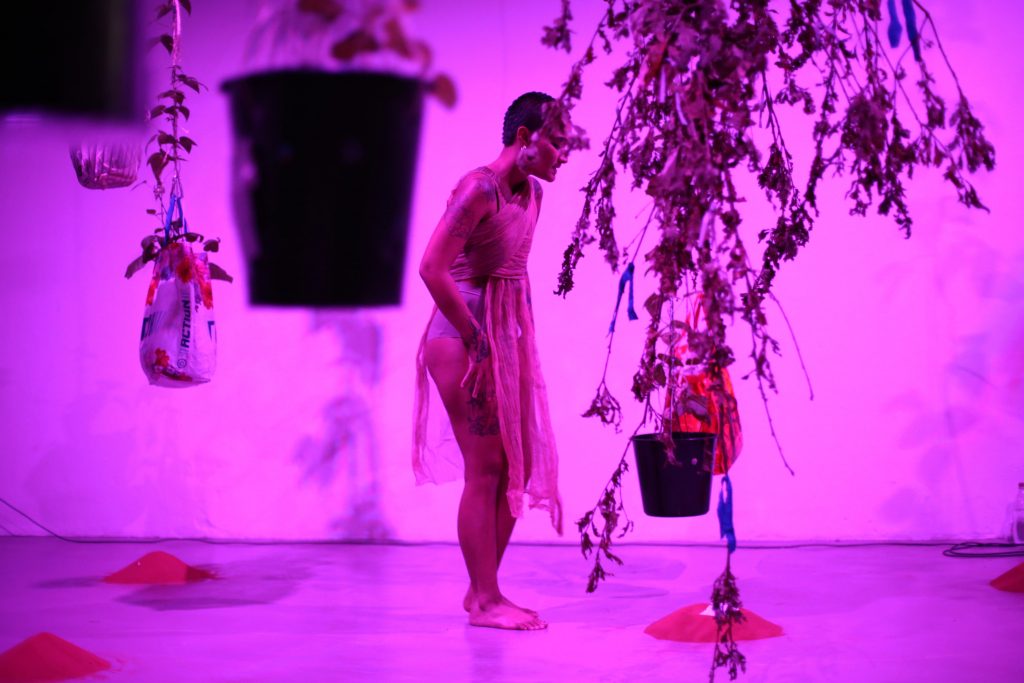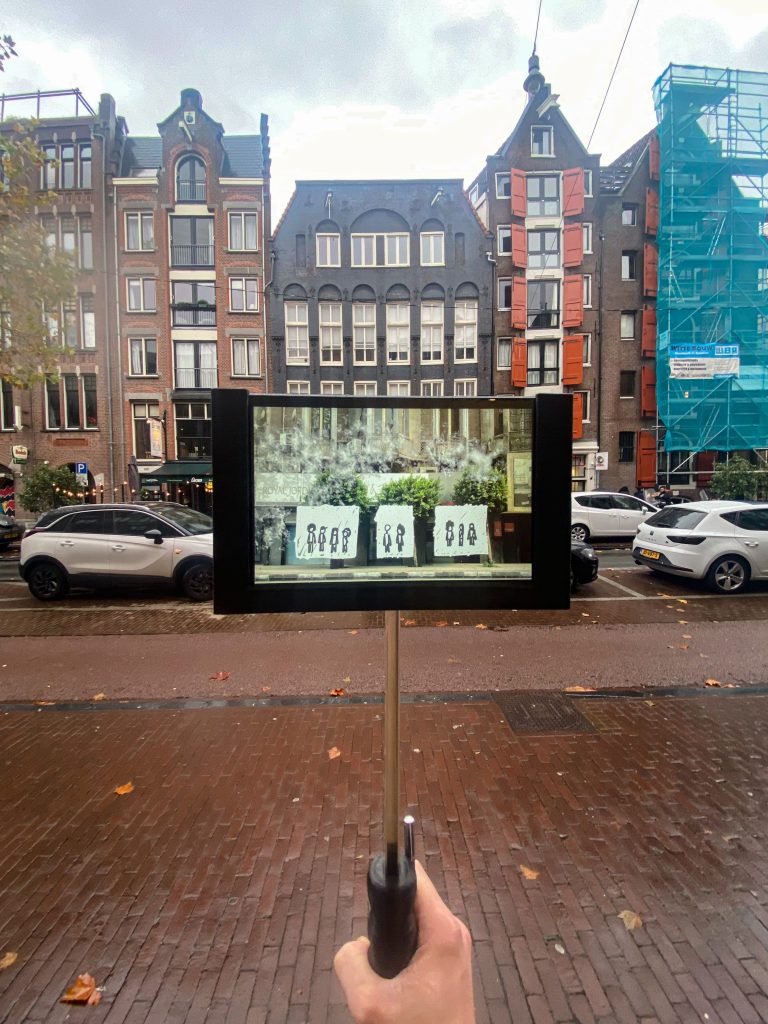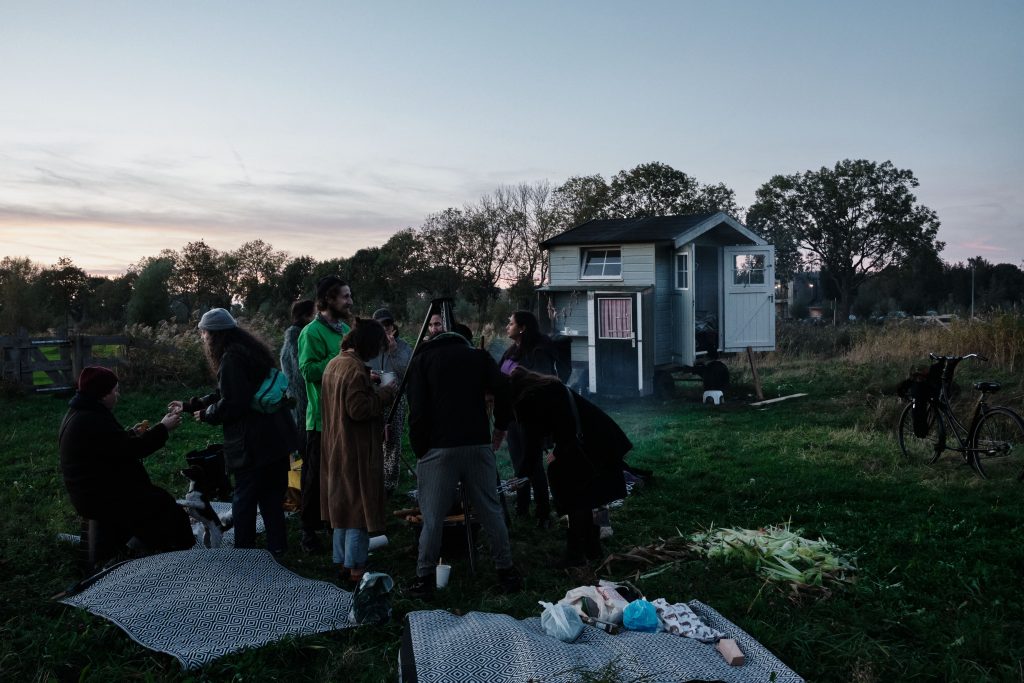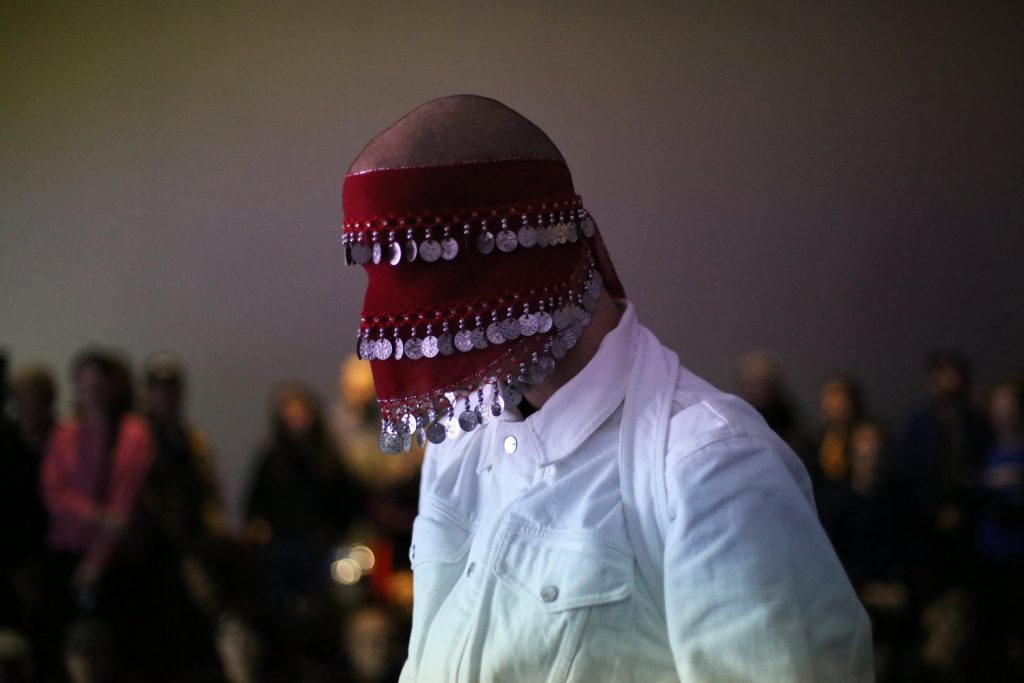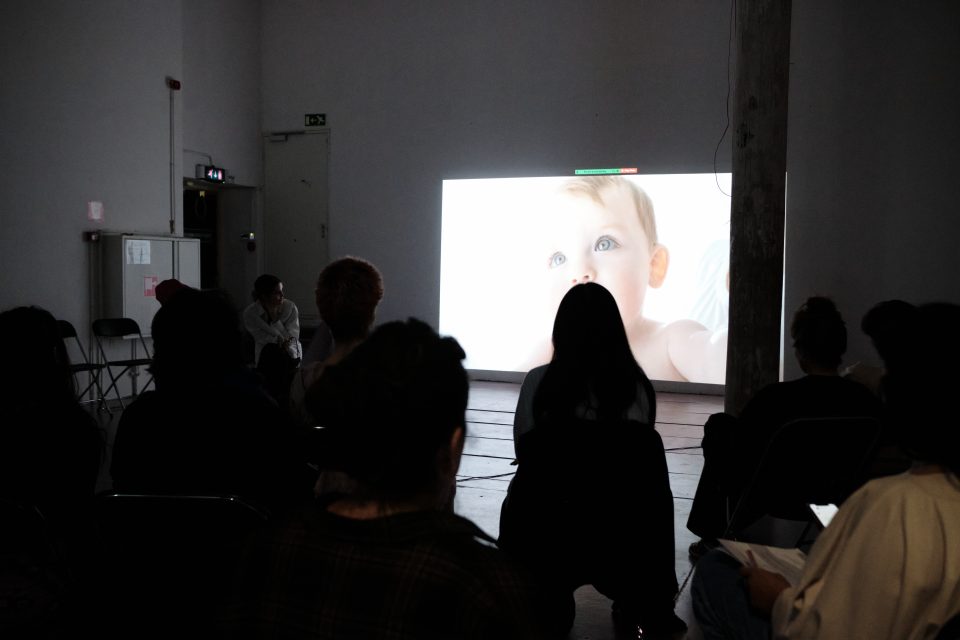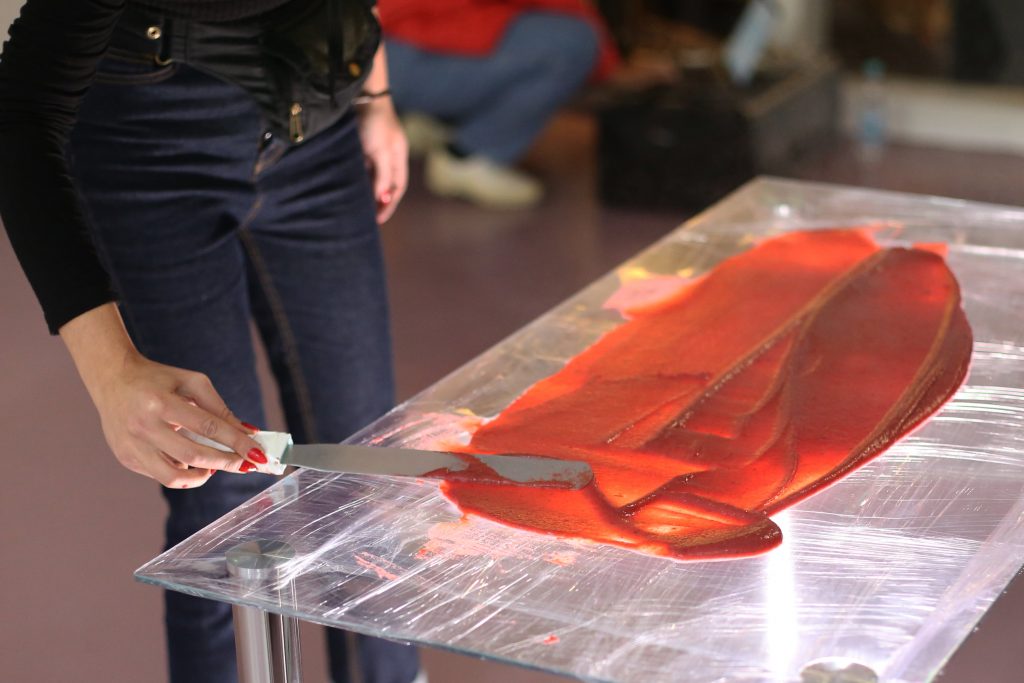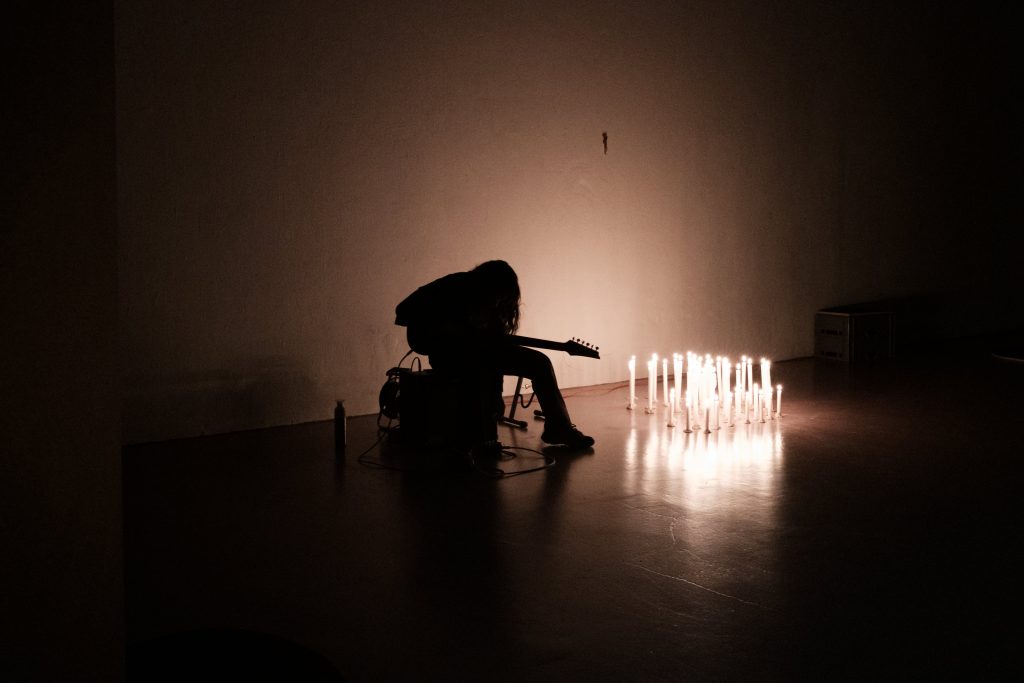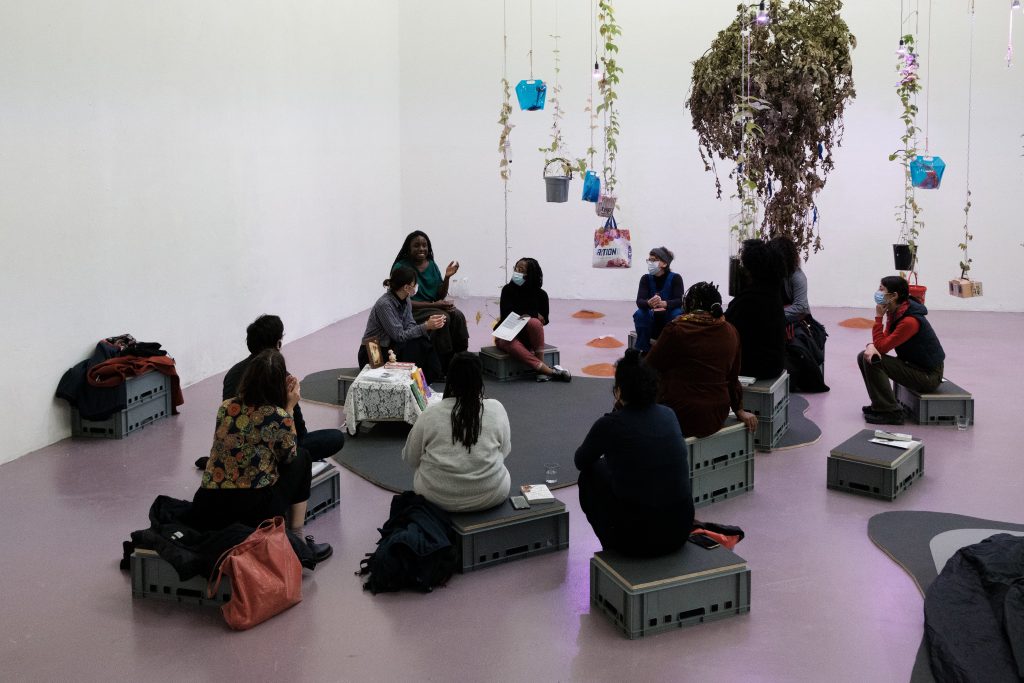Real-Time History
During the course of global conflicts, visual material generated by trained and untrained video makers could potentially be the only documentation of recorded events. In contemporary times of post-truth and widespread manipulation of media narratives the related gatekeepers, caretakers and interpreters of such documentation vaults become essential in establishing justice, but also in generally memorialising important events for future generations.
In the aftermath of the Syrian conflict, a number of European court cases have commenced in 2020 in which prosecutors invoked the principle of universal jurisdiction in international law to prosecute pro-regime individuals now based in Europe who have committed crimes against humanity in Syria. These developments make it possible for video material to contribute to legal followup on war crimes, even if not in a Syrian context.
Real-time History is a series of video conversations that takes a look behind the scenes to explore perspectives of “makers”, “distributors” “analysers”, “archivists” and “legal interpreters” who question, contribute and guard accurate and detailed interpretations of open source visual material. In tonight’s program we’ll be engaging in dialogue around the Real-time History project—an on-going research investigation which uses artistic methods of subjective, image centred analysis to juxtapose and interpret video material connected to the Syrian conflict.
The program will start with a screening of the first iteration of Real-time History, which was launched in September 2018 as a 22-minute video and focussed on video reportings of a particular supposed chemical weapon attack which took place in the city of Douma on the 7th of April 2018. Most of the key videos in question were found on the web platform Syrian Archive (www.syrianarchive.org), “a Syrian-led and initiated collective of human rights activists dedicated to curating visual documentation relating to human rights violations and other crimes”. Following the screening, we’ll be joined by Foundland Collective (Lauren Alexander and Ghalia Elsrakbi) and Hanna Rullmann to engage in dialogue around the new and unfolding iterations of Real-time History—looking at how archives are collected; the power and values that emerge from the analysis of open source material; and the importance of opening up, questioning, and embracing the complexities of collective narratives.
Trigger warning: This event includes sensitive video content that depicts acts of violence.
Reservation Required

